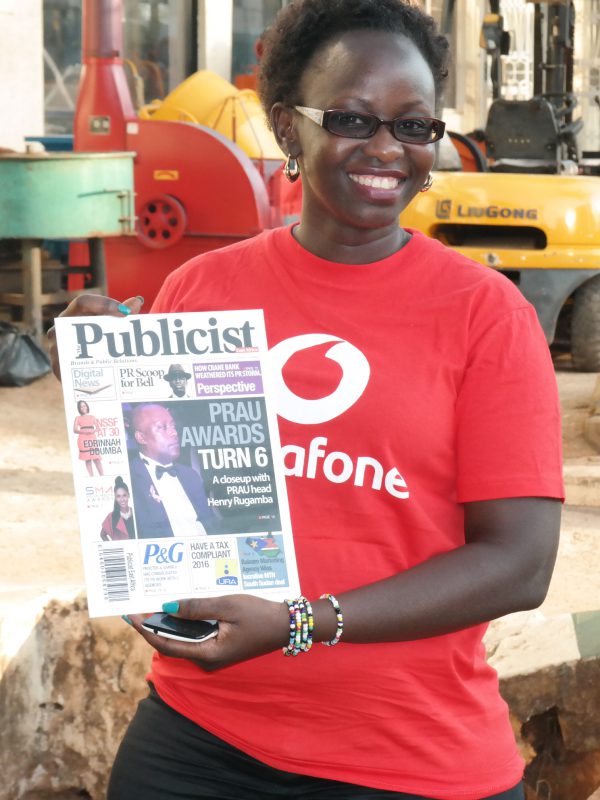By Ivan N Baliboola

Most Public Relations recruitment drives tend to look for career journalists. Having a journalism background doesn’t necessarily translate into a good Public Relations practitioner. Although PR is a highly specialized media course, it’s not only about Media relations.
When I was at University for Public Relations, we were always told that you have to first practice journalism to launch a successful PR career. One had to practice print journalism jobs first before taking on PR. Nevertheless, this is the worst PR myth I know.
” I’ve always believed the two are inter-related. In my third year, I was introduced to Public Relations & I loved it, in my fourth year, I looked at the course modules and they were all linked to Digital PR, for instance how to generate reports, how to make flyers, principles of effective communication and at the time I was already working as a PR. Everything in class was directly linked to what I was working on,” said Tukei Lyn, the PRO of Xente
You can still practice impeccable PR without necessarily being a journalist like I did. Crucial qualities that make a successful PR professional must be based on the deliverables not myths. PR people must creatively come up with tsunami ideas, not just news angles.
Those with journalism practice backgrounds may just have an added advantage of experience in media house operations and network contacts. Some people with other career backgrounds have also perfected the art of PR practice by learning on the job.
Media is central in the practice of public relations but that doesn’t mean that any journalist will manage the mechanics of the job. Public Relations is a management function that supports all departments in a given organization. If a journalist is hired, they must have a crucial eye for detail.
Just because journalism training is part of the Public Relations course at any University, it is not a justification to recruit them. Recruiters must also assess PR job candidate’s abilities and skills in crisis management, strategy, event management, advocacy, public affairs, corporate social responsibility, customer care, reputation management, branding, advertising, employee relations, marketing, content development, sales, media monitoring, research, and lobbying.
According to Tukei, people still need basic training in PR, as much as there are similarities, there are also a lot of differences. It should not just be a crossover, there should be some sound grounding in PR.
Not every writer who can write for PR is a journalist. The PR writing role alone is three times more than that of a journalist. If you believe a print journalist is the best writer or content developer, you may be wrong. PR messages are misinterpreted daily because of how information is structured by organization communicators.
Public Relations as a profession is for people who write a lot to boost the continuous flow of brand information online and offline. APR person spends over 60% of their time writing each day. A PR practitioner is a content developer, an editor and publisher of a story at the same time for all types of media. This is not the case with most journalists. A journalist will submit a story to a subeditor to edit and they are sometimes told which angles to use.
Anyone can communicate but the question is how effective are they?
Ivan N Baliboola
The writer is a PR and Organisational diagnosis specialist.







